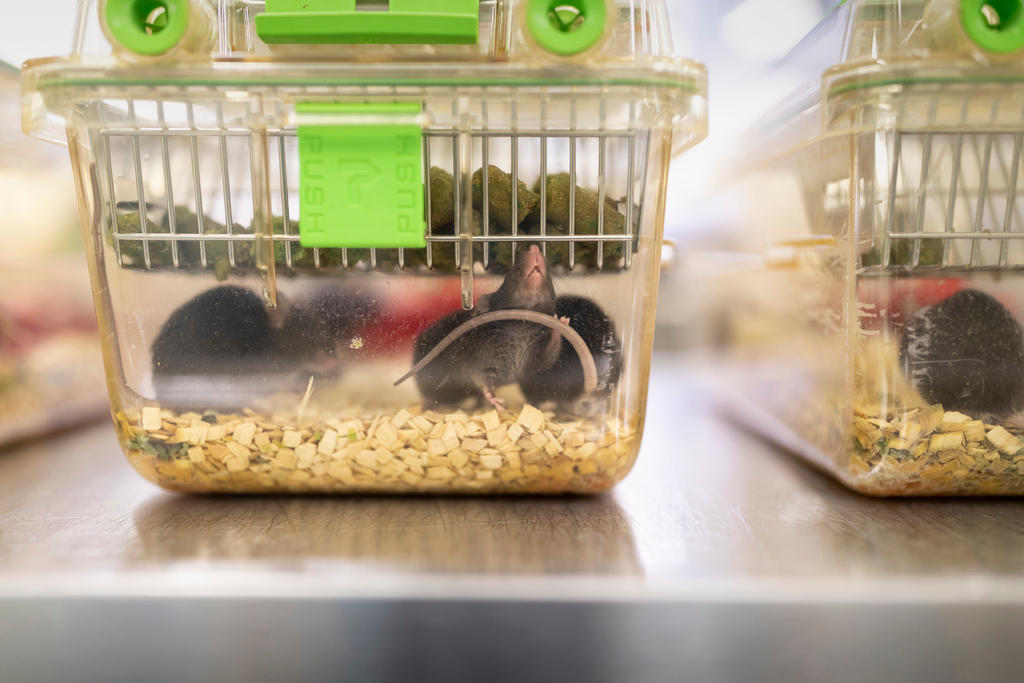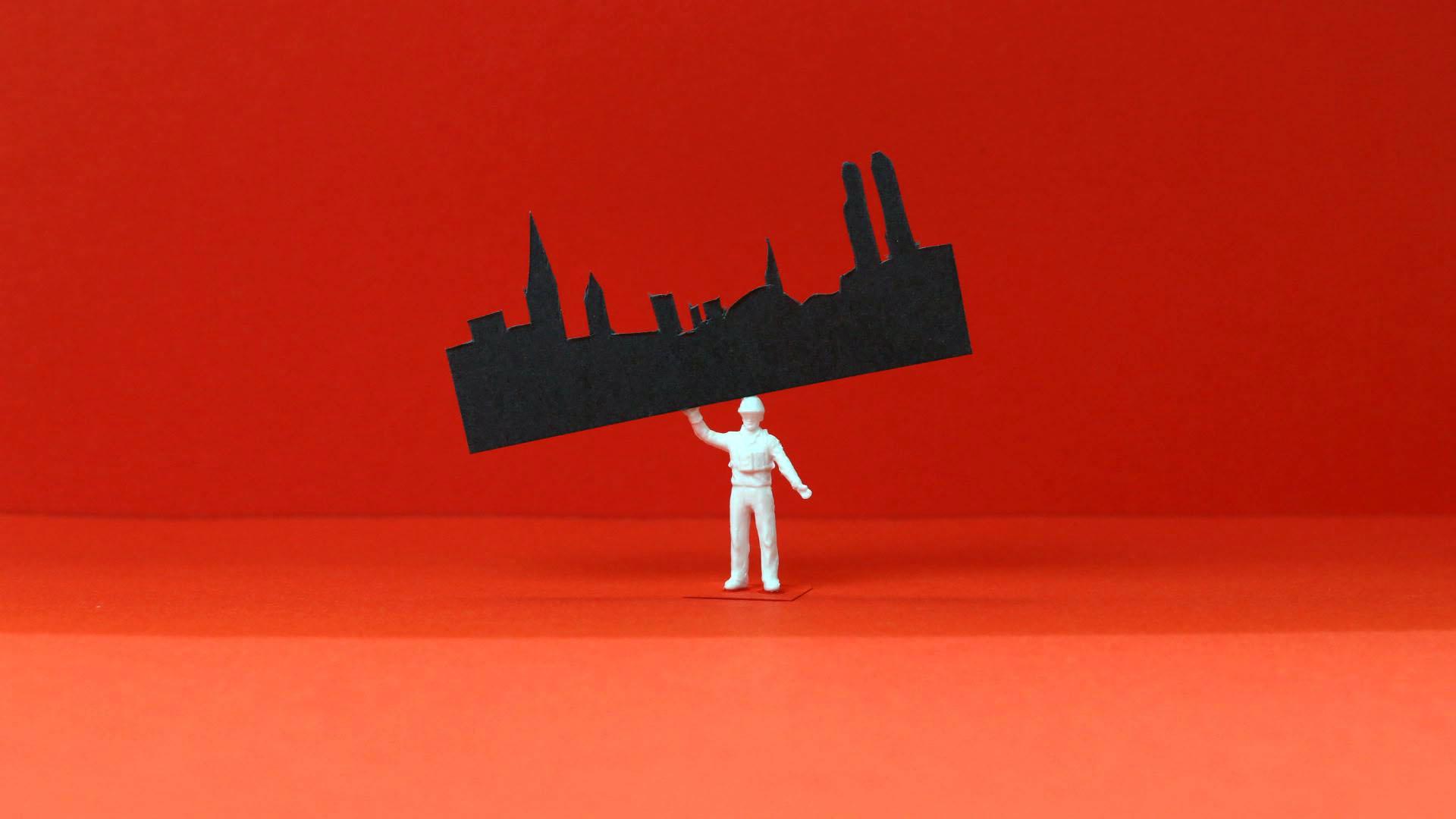
Swiss to vote on animal experiment ban

Campaigners have filed 124,000 signatures from Swiss citizens in favour of a ban on animal and human experimentation.
The initiativeExternal link, presented in Bern on Monday, aims to ban all experiments on animals and people as well as the import of products for which such experiments have been carried out.
Launched in 2017 by citizens in St Gallen in eastern Switzerland, the initiative has the support of 80 groups and businesses, as well as the leftwing Social Democratic and Green parties.
Higher education group SwissuniversitiesExternal link and the Swiss National Science FoundationExternal link have spoken out against the initiative, arguing that the ban – which would classify animal experimentation as torture, and therefore a crime – would hinder Swiss medical research.
The full name of the initiative is “Yes to the ban on animal and human experimentation – yes to research methods with impetus for safety and progress”.
According to the Federal Food Safety and Veterinary OfficeExternal link, animal experiments in Switzerland may only be carried out if “no alternatives are available”. In 2017, 614,581 animals were used for animal experiments in Switzerland, 2.4% fewer than in 2016. Two thirds of the animals used in experiments were mice.
The government and parliament still have discuss the proposal before it will be put to a nationwide vote expected in around 2022.

More
What’s a people’s or citizens’ initiative?

In compliance with the JTI standards
More: SWI swissinfo.ch certified by the Journalism Trust Initiative

























You can find an overview of ongoing debates with our journalists here . Please join us!
If you want to start a conversation about a topic raised in this article or want to report factual errors, email us at english@swissinfo.ch.